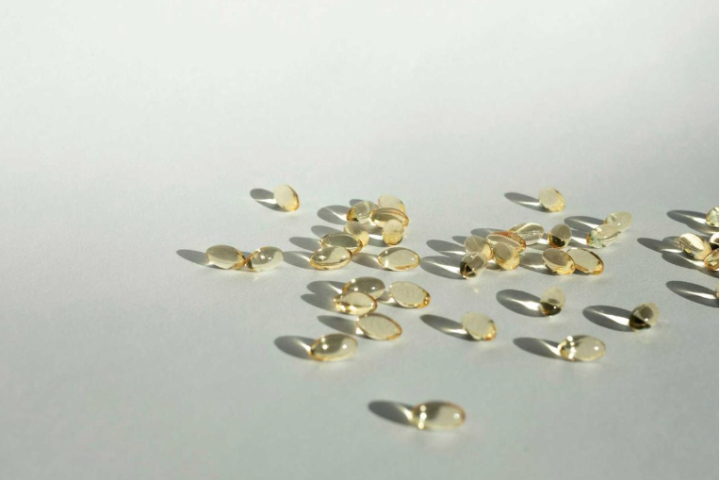Promising Potential in Cannabis Extract for Melanoma Treatment
Breaking Ground in Cancer Research
A concentrated cannabis extract has shown “remarkable” potential to kill off the most dangerous type of skin cancer, melanoma.
Early Signs of Hope
It’s still early days, but if the results can be replicated in living animal models and then in humans, it could provide a whole new drug avenue for a disease that is currently difficult to treat: melanoma.
The Hero: PHEC-66
The cannabis oil in question is known as PHEC-66, developed by MGC Pharmaceuticals in Australia.
Lab Success and Beyond
In October 2023, the company funded a study that found PHEC-66 stopped isolated melanoma cell lines from proliferating in the lab. Follow-up research, led by scientists at RMIT University and Charles Darwin University (CDU), has now confirmed those results.
Mechanism of Action
This Cannabis sativa extract appears to stop melanoma cells from multiplying by triggering programmed cell death, or apoptosis.
Hurdles Ahead
Whether this works in a living animal body is a whole other matter that still needs investigation. No clinical trials have been conducted with cannabis oil to date.
Historical Context and Legal Barriers
Modern stigma has hindered scientific research, but recent legalization for medicinal purposes in Australia has opened doors for investigation.
**Pioneering Research**
In recent years, Australian researchers have found cannabis’s potential in killing certain cancer cells without harming healthy ones.
The Road Ahead
Further research is needed to understand how cannabis extracts function as anticancer agents and to refine treatment techniques.
Mechanistic Insights
PHEC-66 triggers programmed cell death by inducing DNA fragmentation, halting cell growth, and elevating intracellular reactive oxygen species (ROS) levels.
Lab Successes and Future Prospects
In the lab, PHEC-66 increases the likelihood of apoptosis occurring in melanoma cell lines by targeting cannabinoid receptors and allowing ROS accumulation.
Next Steps
Further studies on animals are necessary to validate these results and determine appropriate dosages for potential human trials.
Complexities and Potential
While initial experiments show promise, more research is needed to fully understand the medicinal potential of cannabis compounds.
Conclusion: A Ray of Hope
While it’s too early to claim cannabis as a definitive treatment for melanoma, continued research offers promise for advancing cancer treatment options.
The study was published in Cells.





